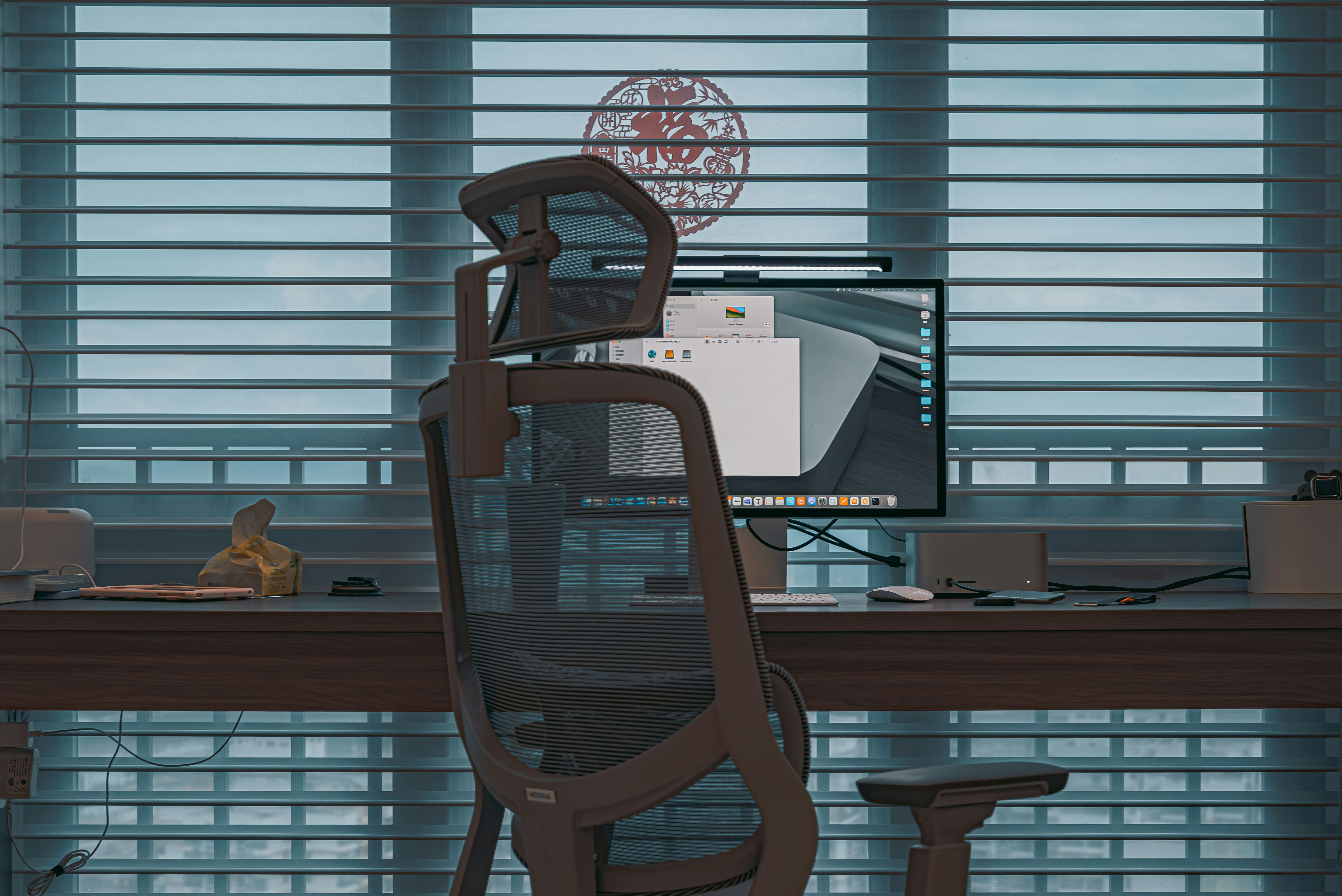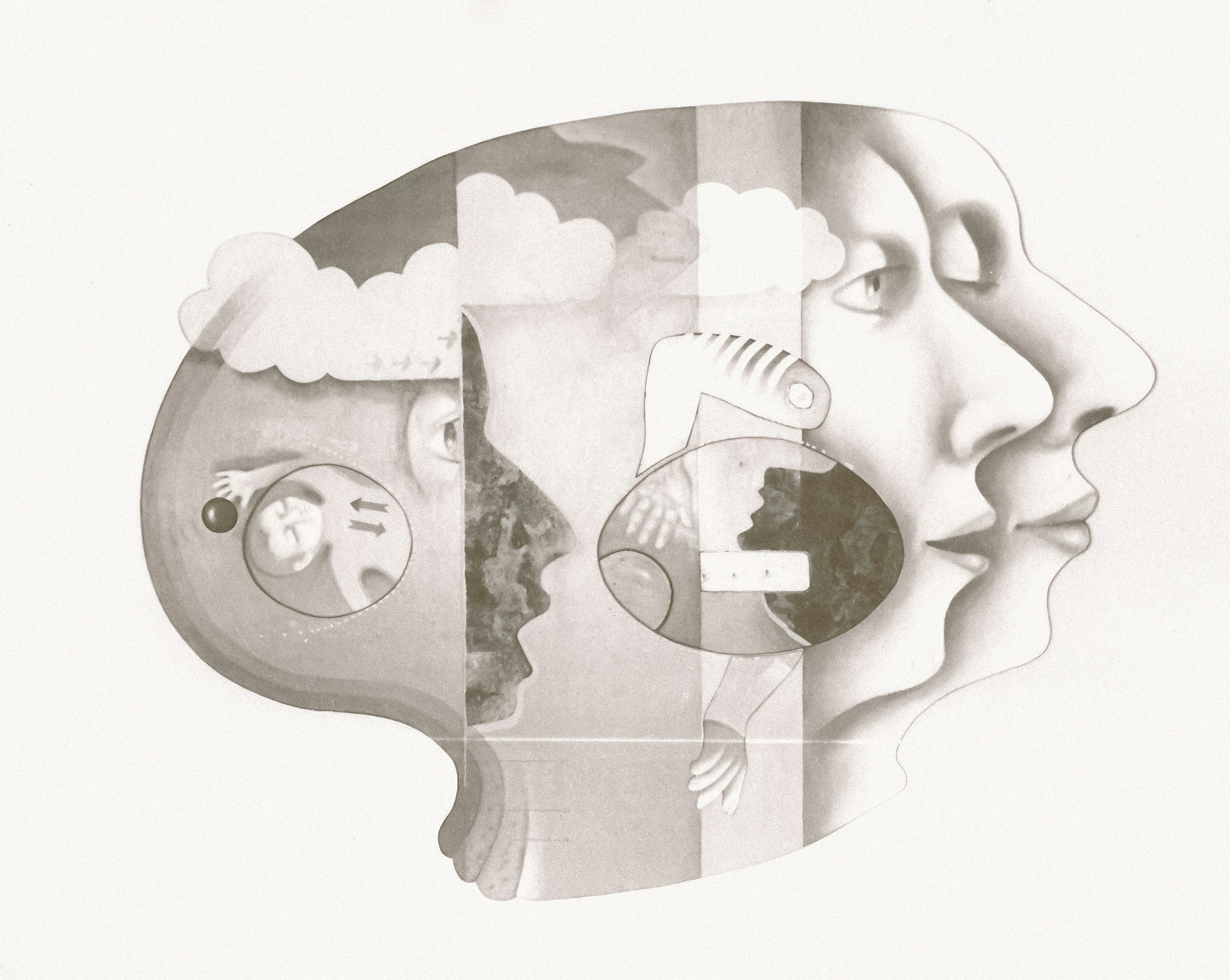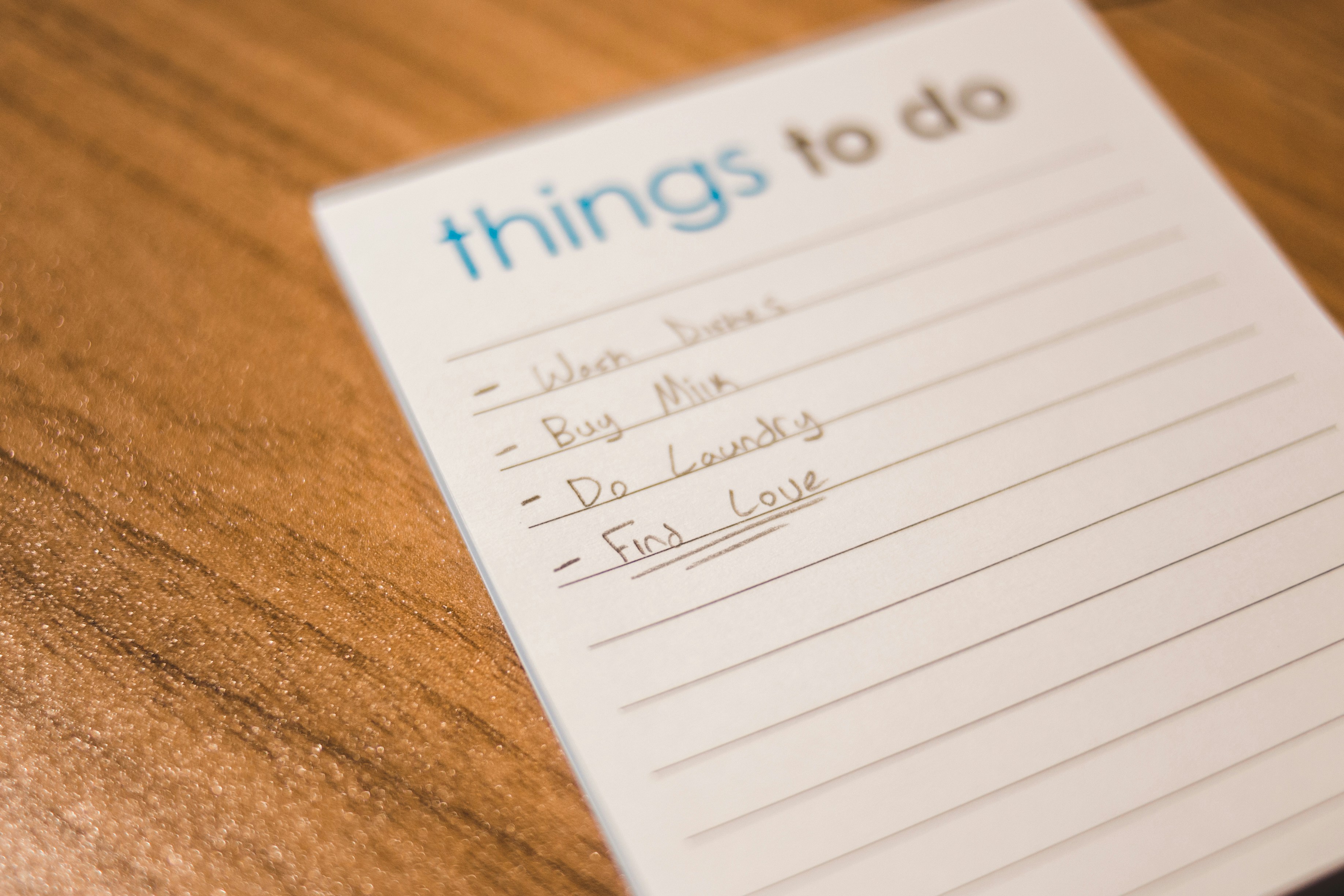← Back

Why We Procrastinate (and What Finally Helped Me Beat It)
December 28, 2024 | habits
🌟 Introduction: My Lifelong Battle With “Later”
If procrastination were an Olympic sport, I’d probably win gold. For years, I convinced myself I just “worked better under pressure.” But the truth? I was addicted to later.
Later I’ll start the workout.
Later I’ll write that email.
Later I’ll finally sit down and work on the big project.
And later almost always turned into never.
At some point, I realized procrastination wasn’t just about being lazy. It was something deeper — a mix of fear, avoidance, and habit loops I didn’t even notice I was stuck in.
This post is part confession, part science, and part survival guide. I’ll share the mental traps that kept me procrastinating, the research that helped me understand it, and the small experiments that finally started to pull me out.
🧠 Part 1: The Science of Why We Procrastinate
I always thought procrastination meant I lacked discipline. But research paints a different picture: procrastination isn’t about laziness — it’s about emotion regulation.
The Instant Gratification Trap
Our brains are wired to avoid discomfort. That uncomfortable feeling before starting a task? Stress, boredom, self-doubt. Instead of facing it, the brain says: “Hey, let’s watch YouTube instead.” Instant reward, problem delayed.
Time Inconsistency
Psychologists talk about something called time inconsistency — the way we value immediate rewards more than future ones. In theory, I want to finish my report. In practice, my brain thinks the TikTok video is more urgent.
The Fear Factor
Sometimes I wasn’t procrastinating because I was bored — I was scared. Scared I’d fail. Scared it wouldn’t be good enough. So I avoided starting altogether.
Understanding this changed everything. It wasn’t that I was weak-willed — it was that my brain was playing defense against discomfort.

🛠️ Part 2: What Didn’t Work (My Failed Fixes)
Before I figured out what actually helped, I tried all the wrong things:
Motivational quotes. They felt good for five minutes, then evaporated.
Massive to-do lists. Writing 20 tasks just overwhelmed me more.
All-nighters. I told myself I worked best last-minute. Really, I was just stressed and sloppy.
Each “fix” treated the symptom, not the cause. Procrastination wasn’t about needing more hype — it was about needing better systems.
⚡ Part 3: What Finally Helped Me Beat It
1. The 5-Minute Rule
I started telling myself: “Just do five minutes.”
Write for five minutes. Clean for five minutes. Start the project for five minutes.
Weirdly, five minutes usually turned into thirty. Getting started was the hardest part — once I was in motion, it felt easier to keep going.
2. Breaking Tasks Into Micro-Steps
“Write blog post” felt overwhelming. But “Open Google Docs” → “Write title” → “Write intro” felt manageable.
Tiny steps lowered the emotional resistance. Instead of facing a giant wall, I just climbed one small step at a time.
3. Removing Temptations (Adding Friction)
I moved distracting apps off my home screen. Sometimes I even put my phone in another room. Out of sight, out of mind worked better than trying to “resist.”
4. Rewarding Progress
I started giving myself small rewards for finishing chunks of work — a coffee break, a walk, even just checking off a box on a tracker. That little dopamine hit helped me stay consistent.
5. Self-Compassion (Instead of Shame)
This one was surprising. Beating myself up never worked. But telling myself: “It’s okay you got stuck. Let’s try again.” kept me moving forward without the guilt spiral.

🔍 Part 4: My Ongoing Experiments
Even now, I don’t think I’ve “cured” procrastination. But I treat it like an ongoing experiment:
Pomodoro Technique. 25 minutes on, 5 minutes off. It trains my brain to focus in sprints.
Accountability buddies. Sometimes I tell a friend, “Ask me later if I finished this.” The fear of admitting failure keeps me honest.
Environment design. A clean desk with no distractions = less resistance.
Journaling. Writing down why I’m avoiding something often makes the fear shrink.
Not all of these work every day, but they give me tools to play with.
🚀 Part 5: Procrastination in the Age of Distraction (2025 Edition)
Here’s the truth: procrastination is harder than ever. Our phones are slot machines in our pockets, and AI tools can generate endless entertainment if we let them.
But the flip side? AI can also help fight procrastination. I use it to:
Break down tasks into steps.
Create structured study plans.
Generate drafts so I don’t face blank-page paralysis.
It’s strange — the same tech that fuels distraction can also help me focus, if I use it intentionally.
✅ Conclusion: Learning to Start Anyway
Procrastination hasn’t disappeared from my life. I still find myself scrolling sometimes when I should be working. But now I understand it’s not laziness — it’s my brain trying to protect me from discomfort.
What changed everything was learning to start small, forgive myself, and design my environment to make focus easier.
If you struggle with procrastination, you’re not broken. You’re human. And sometimes, the trick isn’t to push harder — it’s to start smaller.
So here’s my challenge to you (and to myself, every day):
Don’t promise to finish everything today. Just start something. Even for five minutes.
Because five minutes is often all it takes to turn “later” into now.


